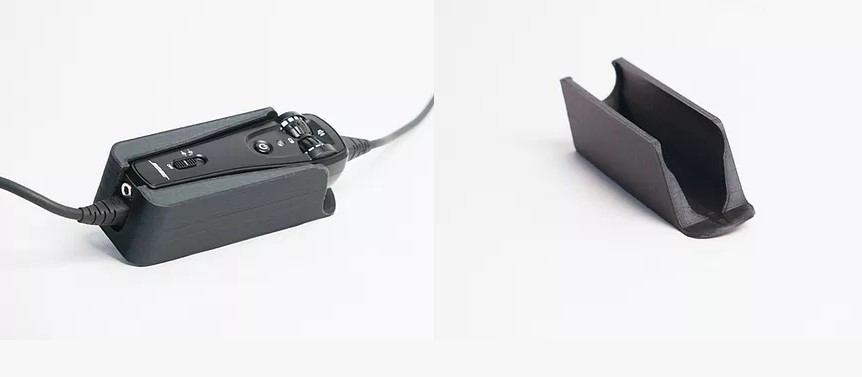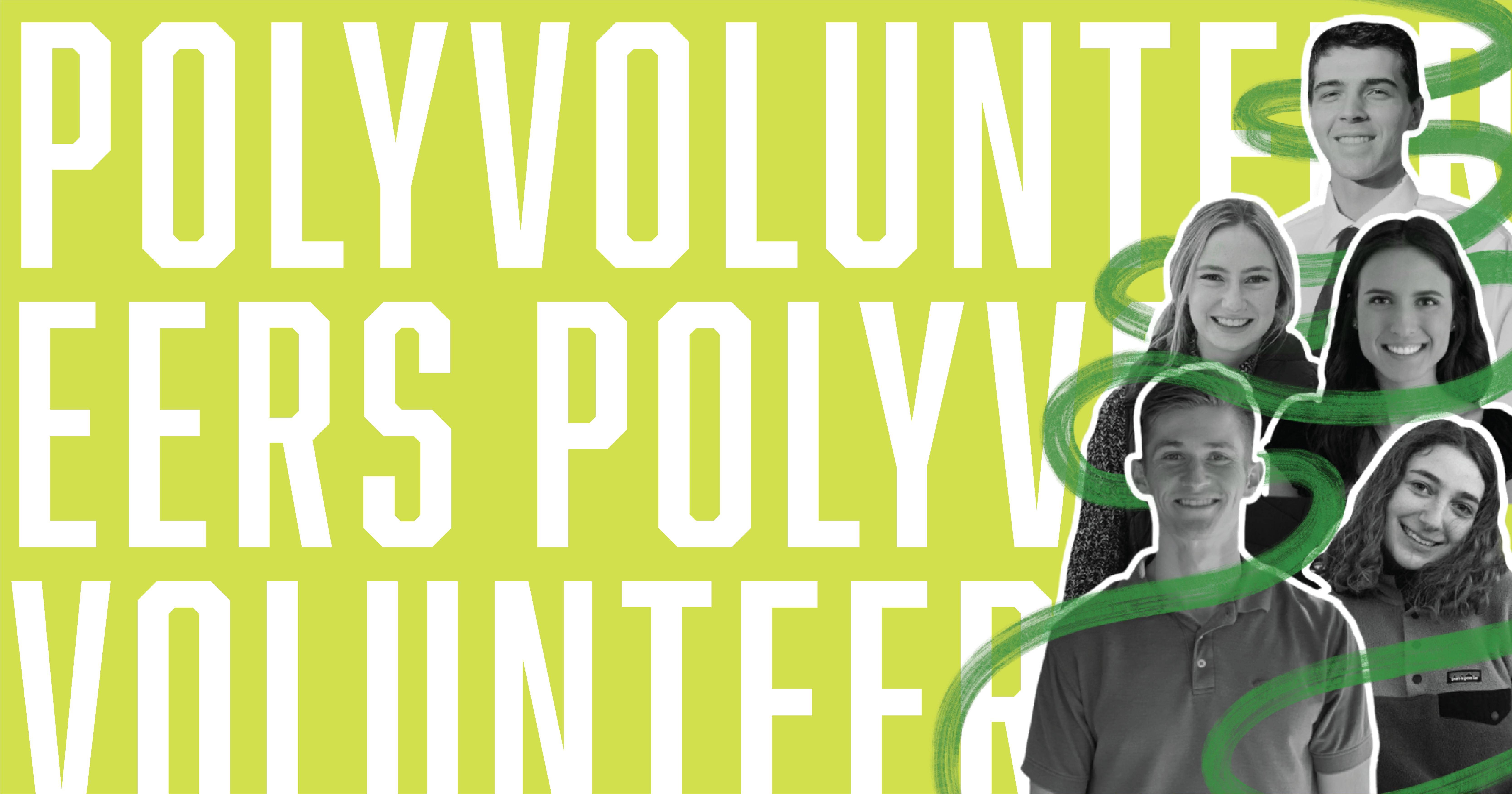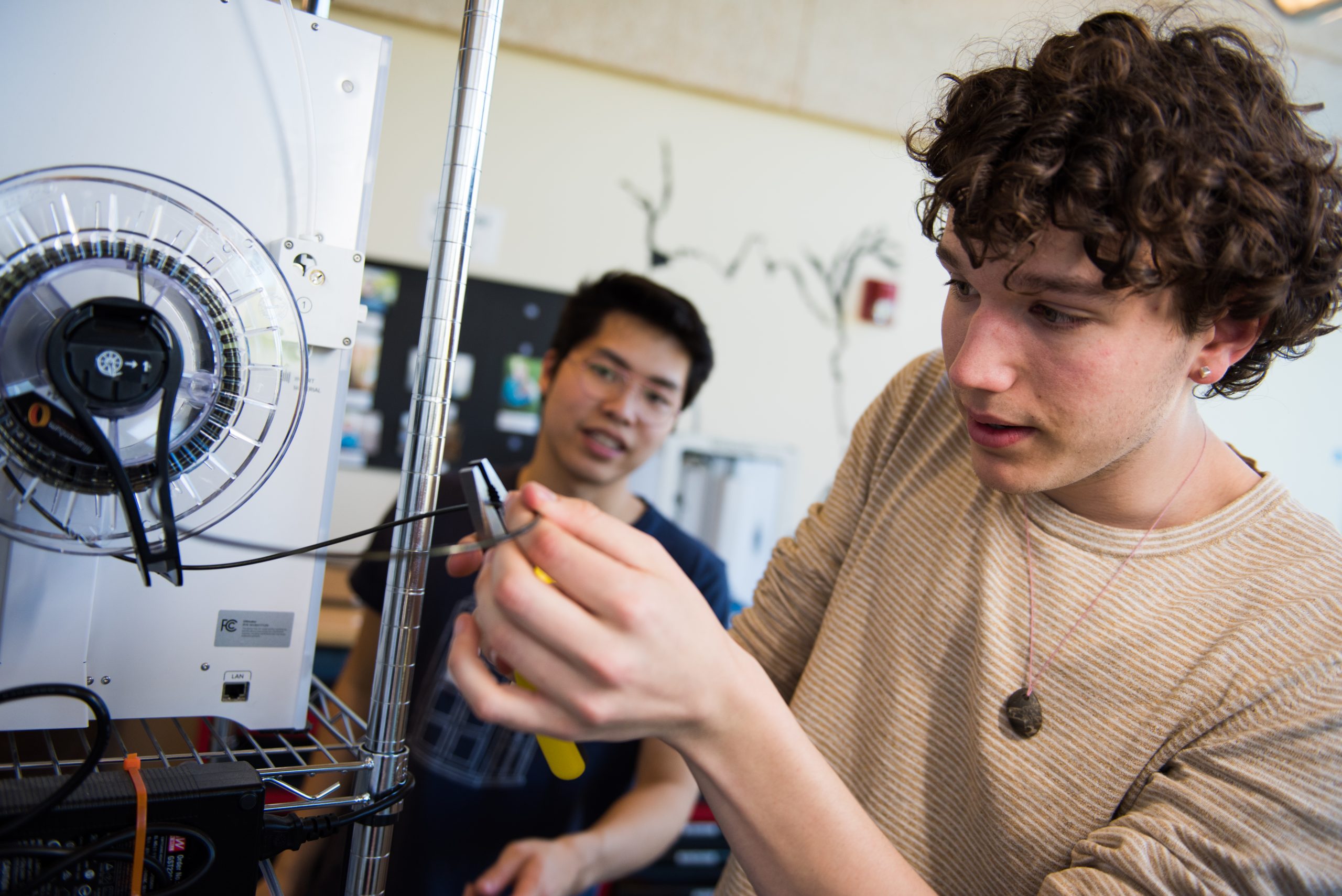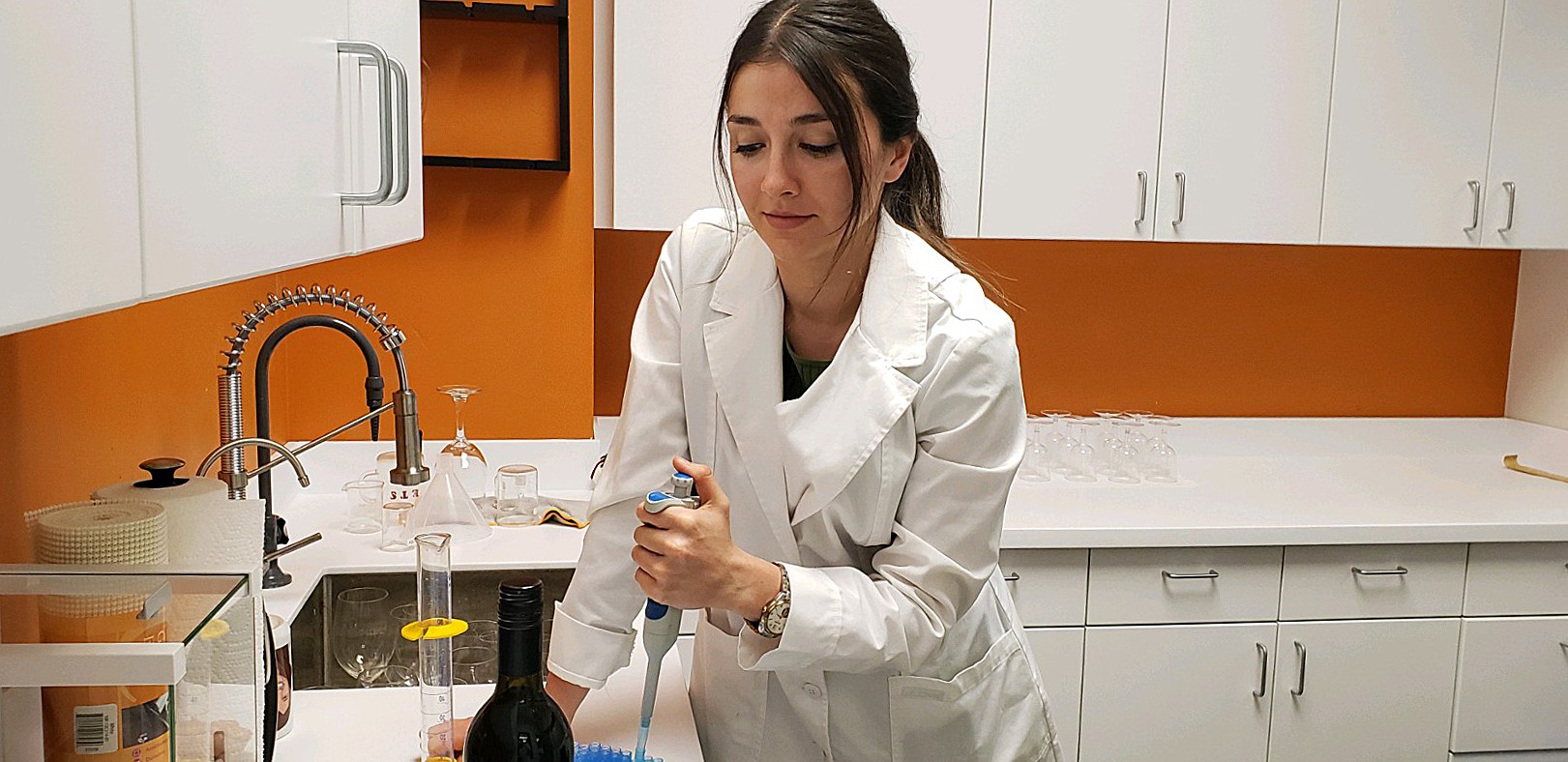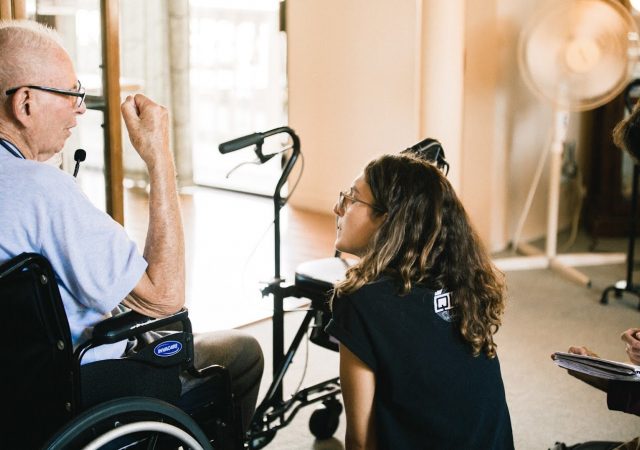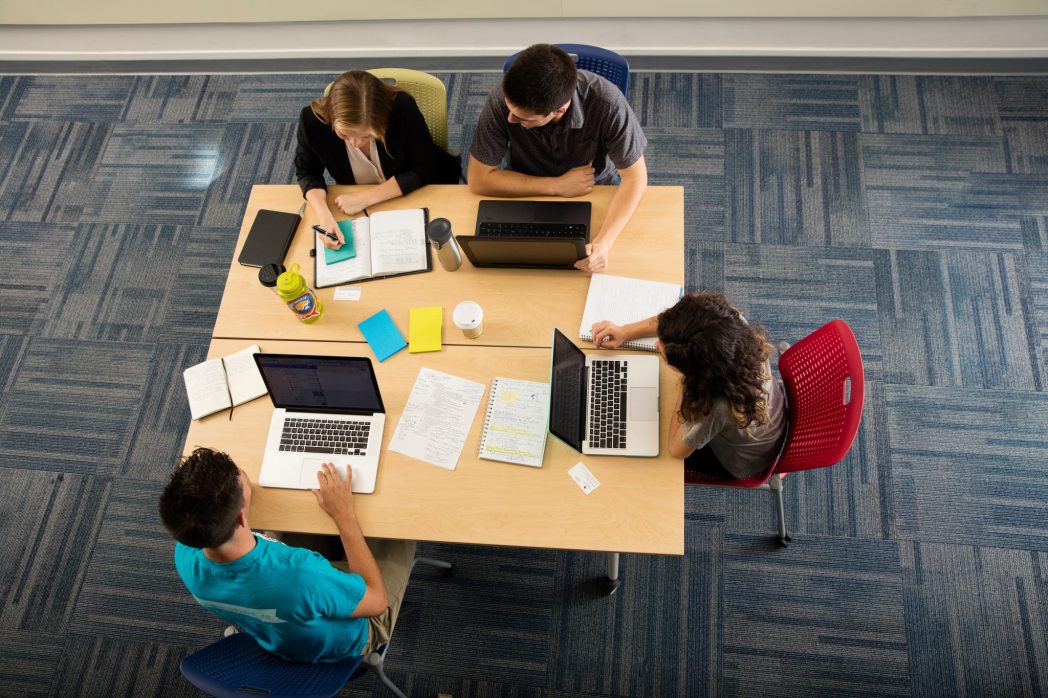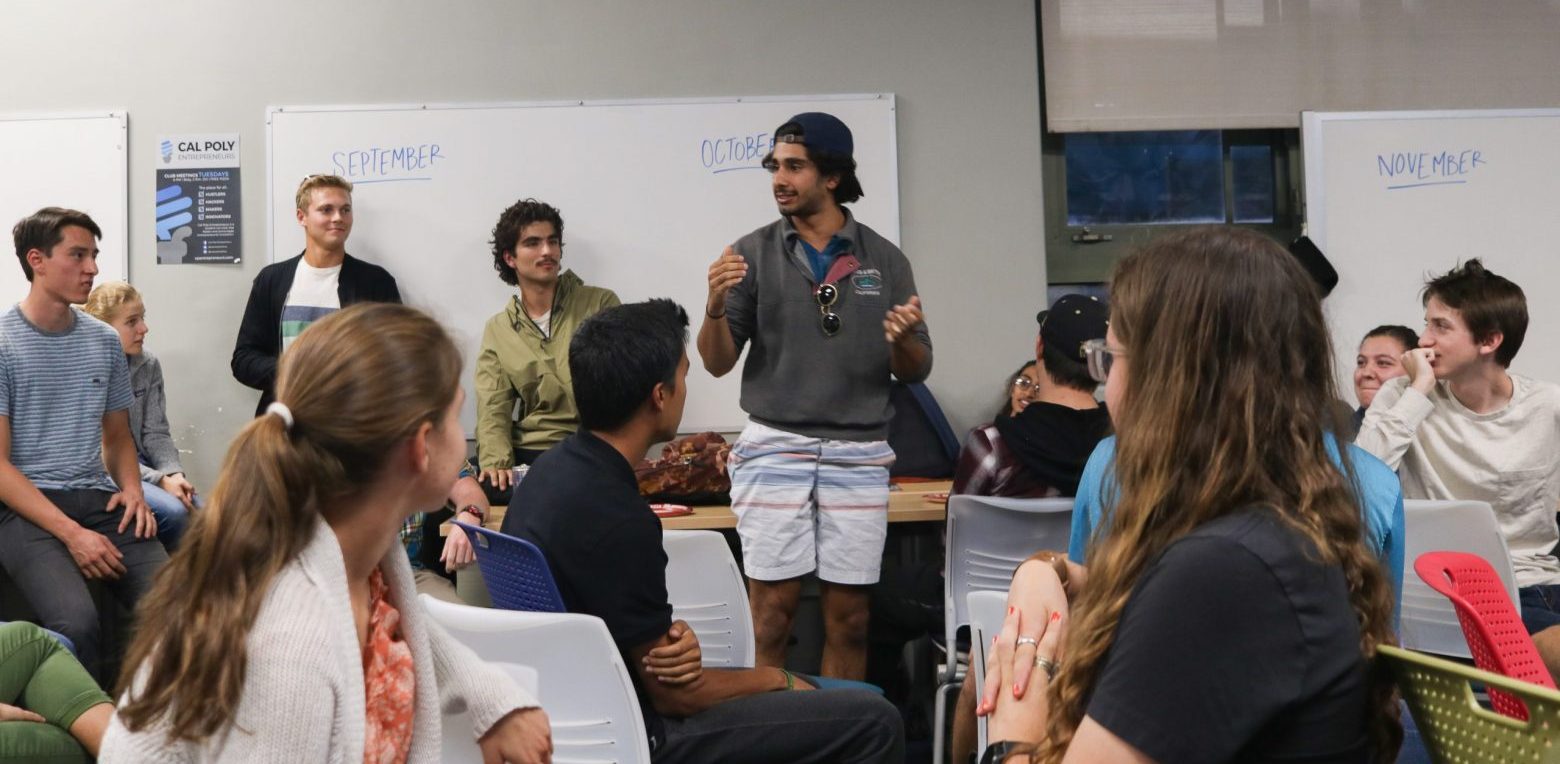Hatchery Spotlight: Venue
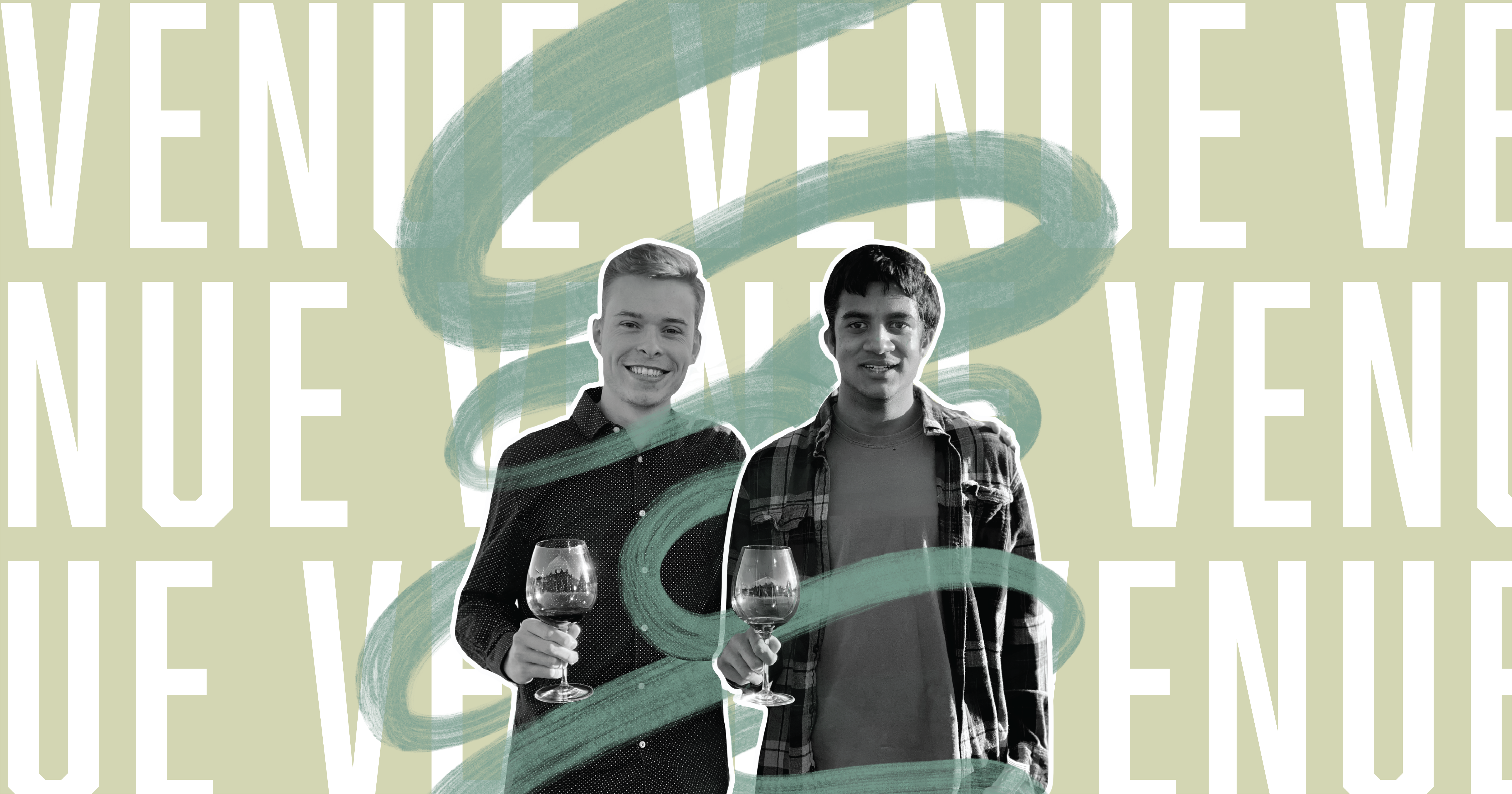
Success as a musician is not an easy feat. It requires relentless hard work, unwavering dedication and, more often than not, connections to an established professional in the music industry.
Senior computer science major Matthew Lawler is looking to change that with Venue, a mobile application that makes the music industry more accessible to small musicians.
Venue connects musicians to local venues looking to showcase new talent.
“Musicians can bootstrap their careers, and venues can find new and promising talent that helps draw a crowd to their business,” Lawler explained.
The idea for Venue originated when Lawler was in high school and watched his classmates struggle to use their passion for music to earn revenue that could put them through college.
“They didn’t really have the same opportunities that people who were well-connected did,” said Lawler. “I wanted to see if there was a way I could help empower these smaller musicians to give them the same opportunities as those at the top.”
Lawler began developing Venue about three years ago. This past year, he and his co-founder, senior software engineering major Rohan Ramani, began to expand their focus from product development to business development, working with the Center for Innovation and Entrepreneurship (CIE) to turn Venue into a full-fledged startup.
The Hatchery, a CIE program that helps Cal Poly students turn their innovative ideas into viable startup companies, has played a key role in the growth and development of Venue.
“The Hatchery has been invaluable in helping us learn how to actually run a business,” said Lawler. “We’re all technical founders, so we can do all the coding and the programming, but we don’t know much about marketing or sales, so we need the Hatchery’s support in all the other aspects of our business.”
The Hatchery has acted as a guiding force for Lawler throughout his first entrepreneurial endeavor. The program’s resources have provided him with not only the business expertise needed for his startup to succeed, but the morale needed for Lawler to succeed as an entrepreneur.
“The Hatchery has done everything they can to learn about who we are as individuals and what we want to do with this company,” Lawler said. “They’re really willing to invest in you as an individual, and you’re going to learn a ton of skills that you won’t learn in the classroom.”
With the first rendition of the Venue mobile app set to launch within the next month, Lawler and his team are working with the Hatchery to grow their customer base beyond their minimal number of prospective users. They also have a goal of participating in Innovation Quest, a prototyping competition hosted by the CIE in spring.
While Lawler personally hopes to one day see his startup succeed, he is just as excited to witness the success of small musicians who have inspired his creation of Venue.
“Right now, 50 percent of musicians are undiscovered, which means that they can’t actually make a living off of it,” Lawler explained. “I would love to see that number drop significantly so that we can have a lot of new talent entering the market.”
To keep up with VENUE and other CIE startups, follow us on social media. Instagram | Facebook | LinkedIn | Twitter

